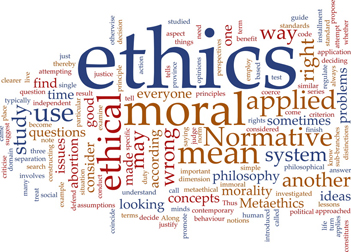The International Traffic in Arms Regulations (ITAR), 22 CFR 120-130, are promulgated and implemented by the Department of State to regulate defense articles, services, and related technical data that are identified on the
Munitions Control List (MCL), 22 CFR 121.1.
Defense Article refers to any item or technical data designated in the MCL. This term includes technical data recorded or stored in any physical form, models, mock‑ups or other items that reveal technical data directly relating to items designated in the MCL. It does not include basic marketing information on function or purpose or general system descriptions.
Defense Service is defined as the furnishing of assistance (including training) to foreign persons, whether in the United States or abroad in the design, development, engineering, manufacture, production, assembly, testing, repair, maintenance, modification, operation, demilitarization, destruction, processing or use of defense articles; t he furnishing to foreign persons of any technical data controlled under the ITAR, whether in the United States or abroad; and the military training of foreign units and forces, regular and irregular, including formal or informal instruction of foreign persons in the United States or abroad by correspondence courses, technical, educational, or information publications and media of all kinds, training aid, orientation training exercise, and military advice.
Technical Data refers to information (other than software as defined in 22 C.F.R.
§ 120.10(4)) that is required for the design, development, production, manufacture, assembly, operation, repair, testing, maintenance or modification of defense articles. This includes information in the form of blueprints, drawings, photographs, plans, instructions and documentation as well as software as defined in 22 C.F.R. § 121.8(f) directly related to defense articles. This definition does not include information concerning general scientific, mathematical or engineering principles commonly taught in schools, colleges and universities or information in the public domain as defined in § 120.11. It also does not include basic marketing information on function or purpose or general system descriptions of defense articles. Complete, on-line versions of the ITAR and MCL are available at:
http://www.gpoaccess.gov/cfr/ (Government Printing Office site) and at
http://fas.org/spp/starwars/offdocs/itar (Web site for the Federation of American Scientists)
.
